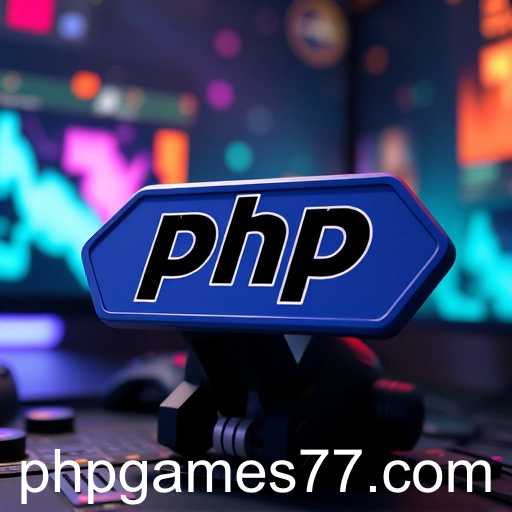In recent years, PHP has re-emerged as a popular choice for game developers, particularly in the online gaming sphere. Historically known for its role in web development, PHP has undergone significant transformations, now empowered by its streamlined integration capabilities, robust frameworks, and burgeoning community support.
PHP's persistent relevance in the gaming industry can be linked to its adaptability in changing technological landscapes. The language's agility in integrating with advanced technologies, such as real-time data processing and cloud computing, makes it a formidable tool for web-based games where interactive and dynamic environments are essential.
Major players in online gaming are leveraging PHP to create seamless, engaging experiences. This trend is buoyed by the increasing demand for browser-based games that avoid the need for downloads. Such games rely on PHP's efficient handling of server-side operations, ensuring smooth gameplay and minimal disruption.
Moreover, PHP's open-source nature fosters a collaborative ecosystem, which has led to rapid advancements in libraries and frameworks specifically tailored for gaming. Developers passionate about open-source are often attracted to PHP because of its communal spirit and the extensive repository of shared resources, which accelerates the development process while ensuring high-quality output.
As we navigate through 2025, the growing intersections of technology and entertainment, particularly within game design, are set to propel PHP further into the spotlight. While many experts remain focused on languages like C++ and Java for high-end game development, PHP's unique advantages for web games highlight its potential and future in this competitive industry.








